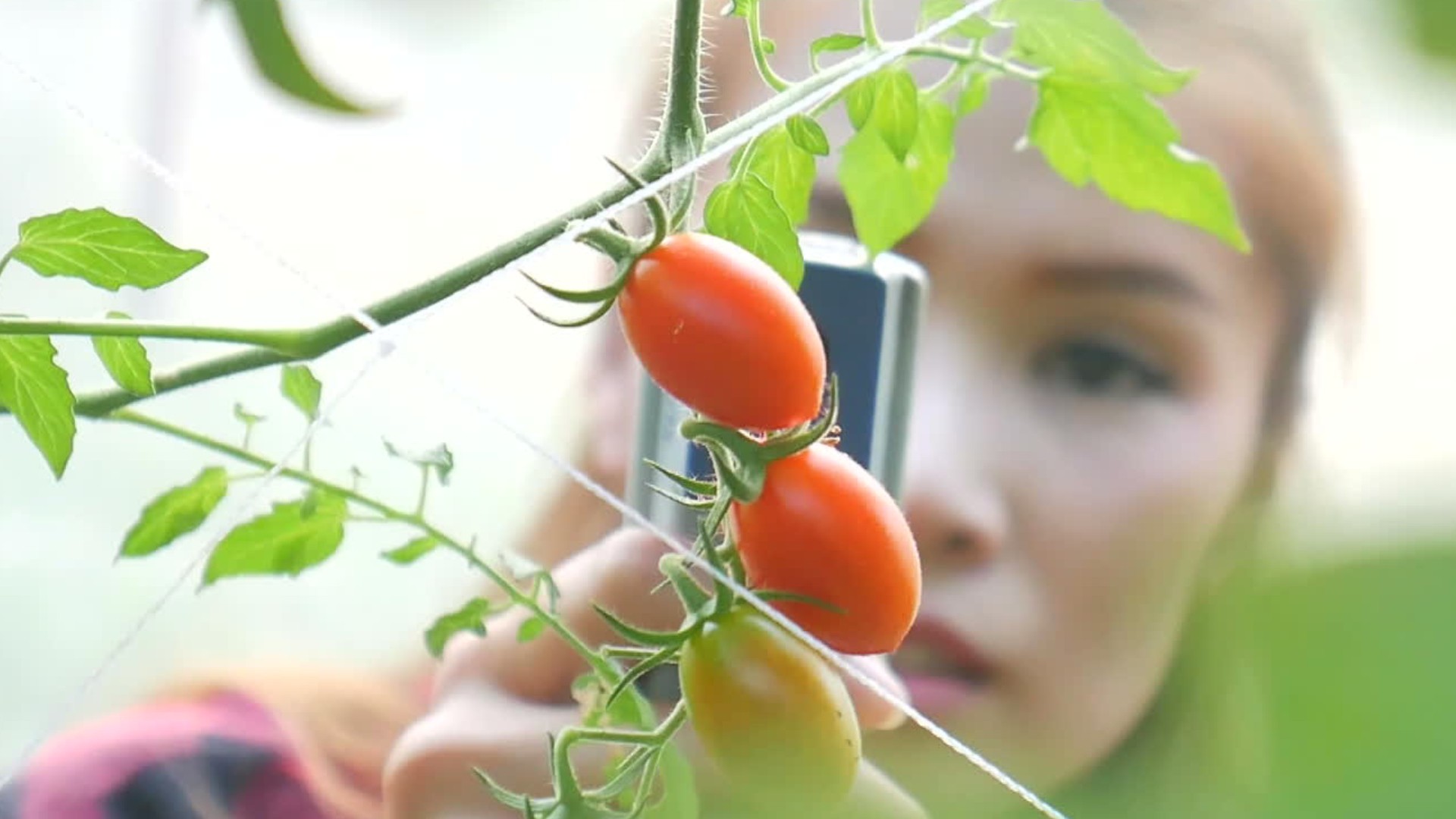Food Scientists & Technologists
Food and Drug Research Scientist, Food Scientist, Food Technologist, Research Chef
 Select a military branch to see samples.
Select a military branch to see samples.
Dietitian
Dietitian; Field Veterinary Service; Food Safety Officer; Medical Specialist Corps Officer; Veterinary Corps Officer; Veterinary Preventive Medicine
No similar titles were found.
No similar titles were found.
Dietitian
No similar titles were found.
What they do:
Use chemistry, microbiology, engineering, and other sciences to study the principles underlying the processing and deterioration of foods; analyze food content to determine levels of vitamins, fat, sugar, and protein; discover new food sources; research ways to make processed foods safe, palatable, and healthful; and apply food science knowledge to determine best ways to process, package, preserve, store, and distribute food.
On the job, you would:
- Inspect food processing areas to ensure compliance with government regulations and standards for sanitation, safety, quality, and waste management.
- Check raw ingredients for maturity or stability for processing, and finished products for safety, quality, and nutritional value.
- Study methods to improve aspects of foods, such as chemical composition, flavor, color, texture, nutritional value, and convenience.
Knowledge
Manufactured or Agricultural Goods
- manufacture and distribution of products
- food production
Math and Science
- chemistry
- arithmetic, algebra, geometry, calculus, or statistics
Arts and Humanities
- English language
Engineering and Technology
- product and service development
Skills
Basic Skills
- figuring out how to use new ideas or things
- reading work related information
Problem Solving
- noticing a problem and figuring out the best way to solve it
People and Technology Systems
- thinking about the pros and cons of different options and picking the best one
- figuring out how a system should work and how changes in the future will affect it
Abilities
Verbal
- communicate by speaking
- communicate by writing
Ideas and Logic
- notice when problems happen
- group things in different ways
Math
- add, subtract, multiply, or divide
- choose the right type of math to solve a problem
Visual Understanding
- see hidden patterns
Personality
People interested in this work like activities that include ideas, thinking, and figuring things out.
They do well at jobs that need:
- Innovation
- Achievement Orientation
- Intellectual Curiosity
- Cautiousness
- Integrity
- Attention to Detail
Technology
You might use software like this on the job:
Data base user interface and query software
- Microsoft Access
- Structured query language SQL
Presentation software
- Microsoft PowerPoint
Analytical or scientific software
- Insightful S-PLUS
- MDS Analytical Technologies GenePix Pro
Education
Education: (rated 4 of 5)
bachelor's degree
usually needed
usually needed
Job Outlook
Bright
New job opportunities are very likely in the future.
Explore More
You might like a career in one of these industries:
See more details at O*NET OnLine about Food Scientists & Technologists.






